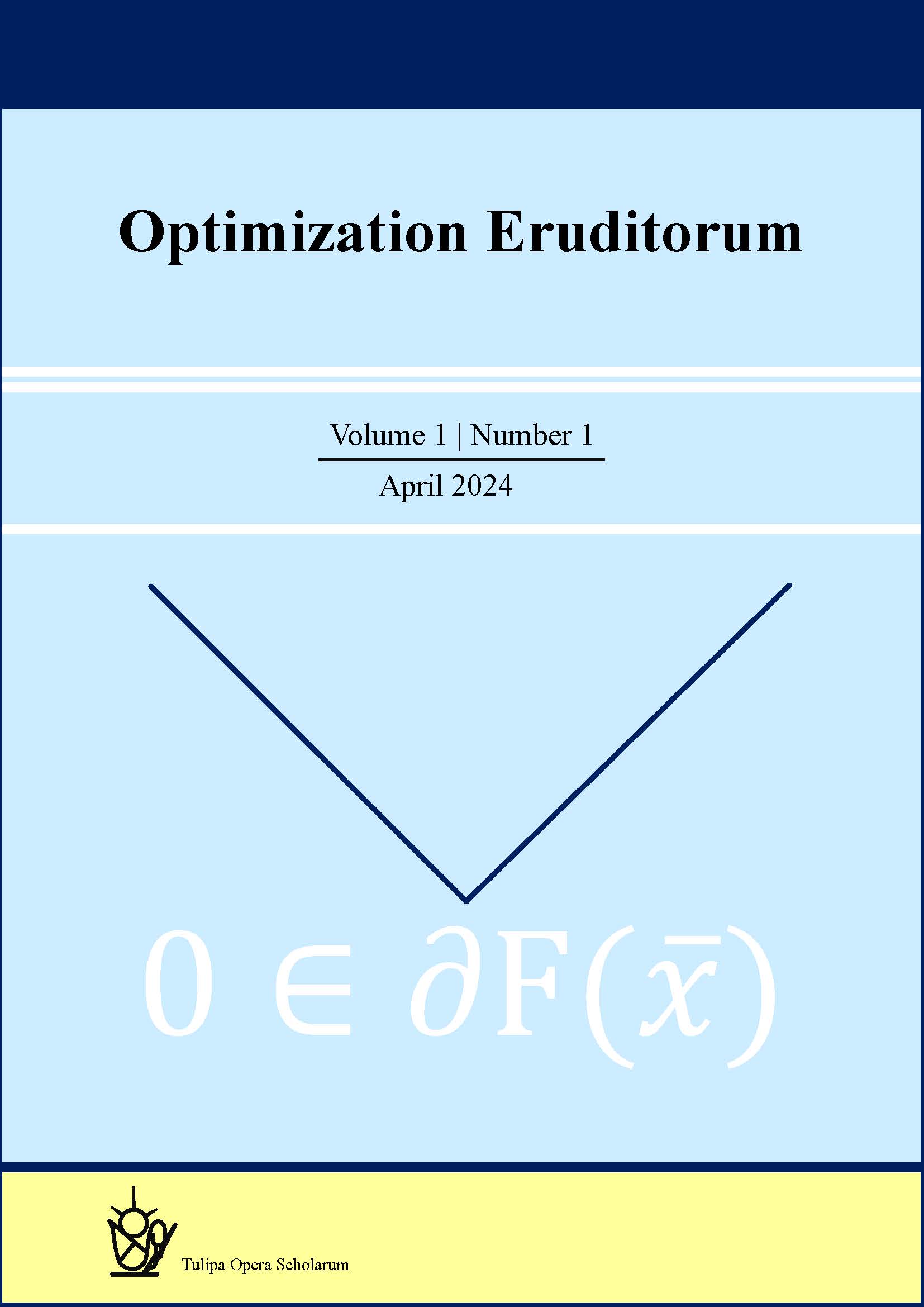Editorial Workflow
The editorial workflow at Tulipa Opera Scholarum (TOS) journals follows a structured process for every submitted manuscript, ensuring a comprehensive review procedure.
Manuscripts are to be submitted with the understanding that they have not been published elsewhere and are submitted exclusively to the TOS journal. Authors must submit their work online through the submission portal of the journal.
Once a paper is submitted to the journal, the editorial office gets notified and immediately requests one of the editors-in-chief to handle the article.
Editors-in-chief may take a decision outright or assign a member of the editorial board (the handling editor) to handle the article.
The handling editor oversees the peer-review process. Reviews are single-blinded, where reviewers know the authors' identities but remain anonymous to the authors. The handling editor evaluates the manuscript upon submission; if it is unsuitable, it may be rejected outright. Otherwise, the handling editor assigns external reviewers who provide reports and recommend actions: 'Accept,' 'Minor Revisions Required,' 'Major Revisions Required,' or 'Reject.' Upon receiving all reviews, the handling editor sends editorial recommendations to the editors-in-chief.
For an 'Accept' recommendation, the editors-in-chief review the manuscript and reports. They may either uphold or override the handling editor's decision, determining acceptance or rejection. Editors-in-chief finally recommend to the editorial office one of the four actions: 'Accept,' 'Minor Revisions Required,' 'Major Revisions Required,' or 'Reject' along with detailed review reports of reviewers, handling editor and his/her comments. The editorial office may either uphold or override the editors-in-chief's decision and finally notify the corresponding author.
If 'Minor Revisions' are required, authors make adjustments suggested by reviewers and reviewed by the handling editor, who then recommends acceptance upon satisfaction.
In the case of 'Major Revisions,' the authors address reviewer comments, resubmitting the revised manuscript. The handling editor reassigns it to reviewers, who make recommendations. Following this, the handling editor makes an editorial recommendation.
The handling editor and editors-in-chief reserve the authority to reject manuscripts due to subject appropriateness, lack of quality, or inaccuracies. However, only the editorial office can approve a manuscript for publication; the handling editor recommends acceptance, subject to editors-in-chief's approval and finally subject to the approval of the editorial office. Additionally, editors-in-chief and handling editors cannot review their own manuscripts, ensuring an impartial and high-quality peer- review process.

